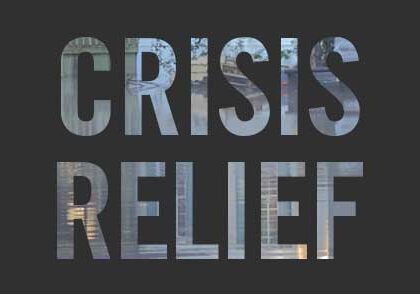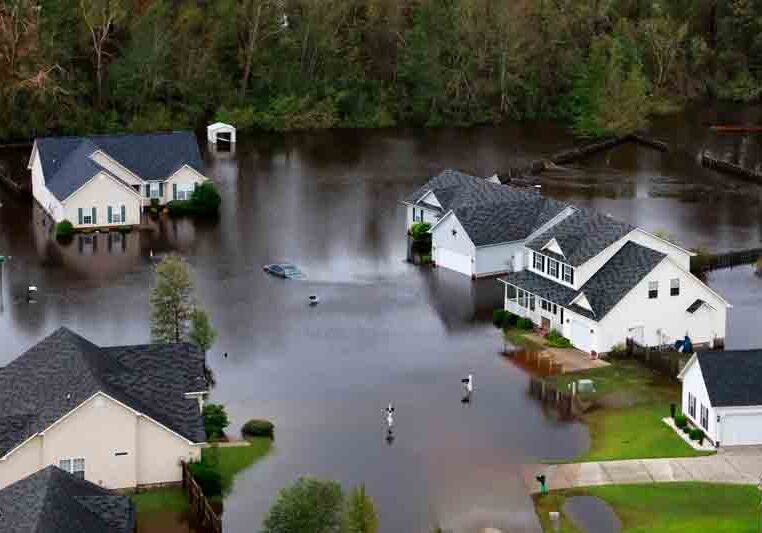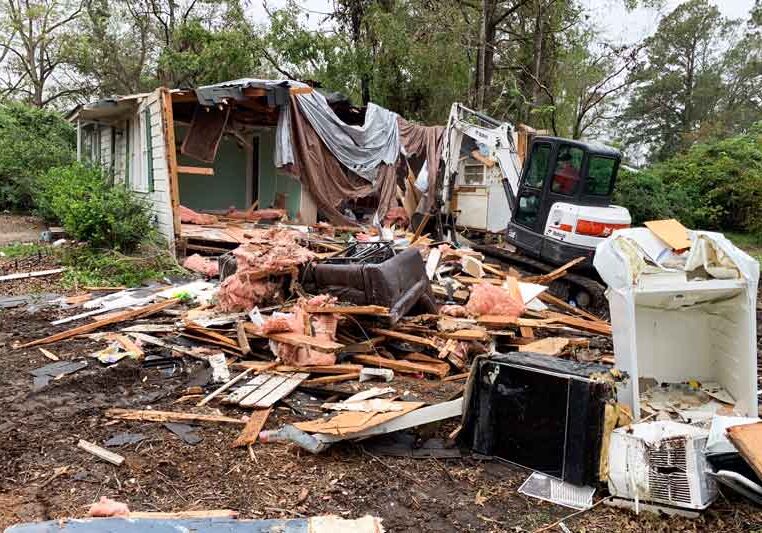The thoughts and prayers of our Fellowship family go out to the people of any disaster—natural or otherwise—who are affected physically, spiritually, emotionally and financially by the disaster. When a disaster occurs, our first response is often to wonder, what should I do? Past experiences have helped us develop a proper response as we seek to reach out to those impacted.

The Initial Stages of Response
- We PRAY for those affected—for many to turn to Him during this time, for Christ’s Church to rise up and be effective, and for God to be glorified.
- We GIVE. We are a generous body of believers, and our church has an existing disaster relief account. We desire to be generous in the right way at the right time and through the right channels.
- We WAIT. We naturally want to help NOW. But, most often, now isn’t when our direct involvement is most needed. It usually comes later, in the long road to restoring and rebuilding—long after the news cameras and many disaster relief organizations have left.
- We EVALUATE. Part of the waiting is evaluating. We wait to see what stories and opportunities God might be leading us to pursue. We won’t get involved directly with every scenario, but we’ll be responsive to the needs as they arise and as the Lord leads us.
As The Situation Becomes Clearer
- We IDENTIFY. As we wait and evaluate, we look for the right partnership: Our goal is to connect with a church in the area with strong and trusted leadership—one that will allow us to have “on the ground” relationships that help us to determine the best way forward. A trusted local church is usually the most effective way to steward our dollars and our people in a disaster situation.
- We ACT. When the Lord makes the way clear, we move. It may be stewarding financial resources; it may be sending people at the right time; it may be discerning ways to get involved that we couldn’t have predicted. Whatever the response, Fellowship will follow the Lord’s lead.

What Do We Not Do?
Collect items. Distribution becomes a challenge, so organizations on the front lines of response typically encourage cash gifts or gift cards, rather than collections, so that resources can be more efficiently and effectively distributed.
What About Sending People?
Sending teams during the first days, weeks, or (sometimes) even months can potentially do more harm than good. Communities are often overwhelmed by well-meaning, yet poorly organized, volunteer efforts. However, when we can send a team in a well-organized and effective manner, we may decide to mobilize. We will use caution and follow the lead of our partner(s) on the ground when sending people to do relief work.
Long-Term Response
If and when we commit to any relief or rebuilding involvement, we will also commit ourselves to serving that area for the long haul: We served for a number of years in the aftermath of Hurricane Katrina; the Peru earthquake, Sudan tribal conflict, Nashville Flood, Japan Tsunami, Hurricanes Sandy, Harvey and Florence…in all of these areas, through our partnerships on the ground, we’re extending the love of Christ from our own backyard to the world.




